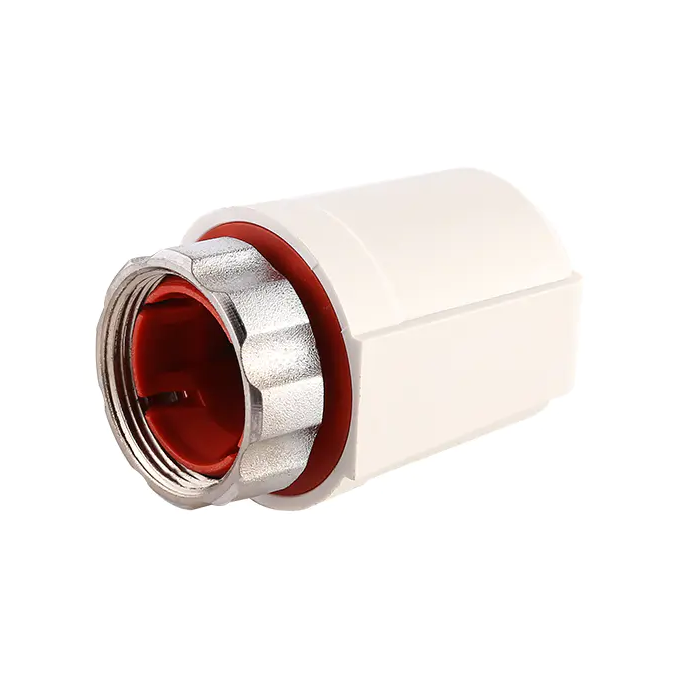Thermal valve actuators are widely used in various industrial systems for their simplicity and efficiency in controlling the flow of fluids or gases. These devices, which rely on temperature-induced mechanical movement, have become essential components in a range of industries, including chemical processing, heating systems, and water treatment facilities.
One of the primary applications of thermal valve actuators is in chemical processing plants. In these facilities, precise control of fluid and gas flow is crucial for ensuring that reactions occur at the correct rates and under the proper conditions. Thermal valve actuators allow for automatic regulation of valves in response to temperature fluctuations within the system. This ensures that the system remains within safe operating parameters, avoiding potential hazards or inefficiencies. The ability of thermal valve actuators to function without electrical power sources makes them particularly valuable in environments where electrical equipment may be prone to failure due to high humidity, dust, or corrosive chemicals.
Another important application is in heating systems, such as those found in industrial buildings and factories. These systems often use hot water or steam to distribute heat throughout the building. Thermal valve actuators regulate the flow of these heating agents through the system, adjusting the temperature based on the needs of the environment. This automatic adjustment ensures that the space remains at a comfortable temperature, while also optimizing energy usage. In large facilities, where manual adjustments would be impractical, thermal valve actuators offer a reliable way to maintain consistent heating without constant intervention.
In water treatment plants, thermal valve actuators are used to control the flow of water at various stages of the purification process. Whether regulating the flow of chemicals used in treatment or adjusting the rate of water movement through filtration systems, thermal valve actuators help maintain operational efficiency. Their ability to function without external power is particularly useful in environments where power outages or fluctuations could disrupt operations. This reliability contributes to the smooth operation of water treatment facilities, ensuring that clean water is provided to communities without unnecessary delays.
Overall, thermal valve actuators are integral to numerous industrial systems. Their ability to provide precise and reliable control of fluid and gas flow in response to temperature changes makes them indispensable in ensuring the efficient operation of various processes. By eliminating the need for complex electrical control systems, they offer a simple, durable, and cost-effective solution for industries that require consistent flow regulation.
